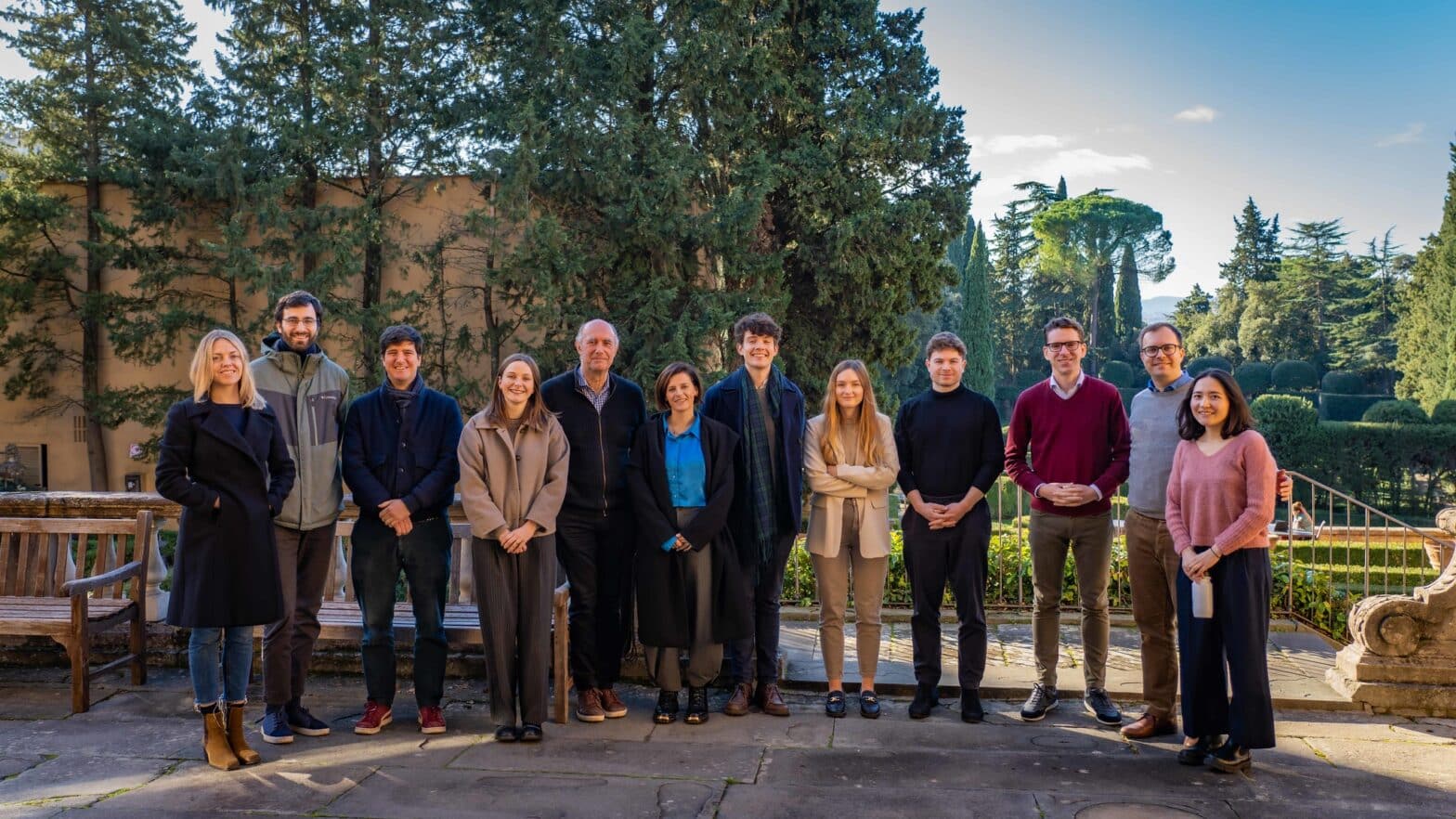Hydrogen technologies and costs: findings from the FSR study

Findings from the FSR study on Hydrogen
The Florence School of Regulation has just released a major study examining the main drivers required to ensure a cost-effective decarbonisation energy policy for the EU, as well as a ‘Policy Brief’ on the future Guarantees of Origin system to regulate the EU’s future Energy Sector Integration based market.
In this online event, we will present the study and the policy brief, as well as discuss the main conclusions with the audience online.
Watch the recording:
Background
The study has as its primary focus the policies needed to guarantee the achievement of the Green Deal objectives. In addition, and within this framework, it aims at examining how this can be achieved as a cost-effective transition, maximising benefits for citizens in terms of affordable energy prices, jobs, technological leadership for the EU as well as energy security.
The point of departure for the study has been to endeavour establish the most objective and reliable figures possible for future energy costs, based on a wide range of sources such as the IEA, IRENA and Bloomberg New Energy Finance, as well as academic literature.
By benchmarking and peer-reviewing a wide range of studies, FSR researchers have drawn up ‘con-sensus’ figures for the expected future costs of renewable electricity (onshore wind, offshore wind, PV…) as well as green, blue and turquoise hydrogen. On this basis the researchers calculate expected ETS prices needed to catalyse the replacement of grey hydrogen currently used by industry as a feed-stock, as well as the substitution of natural gas by low and zero-carbon hydrogen by energy intensive industry. Finally, they calculate the expected subsidies needed to kick-start the EU’s future low and zero-carbon hydrogen market at scale.
On the basis of these findings, the authors, Jean-Michel Glachant, Andris Piebalgs and Christopher Jones, draw a number of conclusions and recommendations with respect to the EU’s energy priorities, and in particular they put forward eight key recommendations regarding the manner in which the Commission’s Hydrogen Strategy should be implemented in practice.
Agenda
FSR joins the European Clean Hydrogen Alliance
The Florence School of Regulation has joined the European Commission-led initiative, European Clean Hydrogen Alliance, to accelerate the decarbonisation of the EU industry and to set the bloc on the right path to a clean energy transition. Read more
Read more
- STUDY | Cost-Effective Decarbonisation
- POLICY BRIEF | A proposal for a regulatory framework for hydrogen guarantees of origin by Andris Piebalgs,Christopher Jones | 02 November 2020
- TECHNICAL REPORT | Green hydrogen : bridging the energy transition in Africa and Europe by Swetha RaviKumar Bhagwat, Maria Olczak | 20 October 2020
- TECHNICAL REPORT | Hydrogen technology : workshop summary by Cekovic Ivana,Ilaria Conti, Christopher Jones, Andris Piebalgs | 10 July 2020
Don’t miss any update on our events
Sign up for free and access the latest events from our community.



















